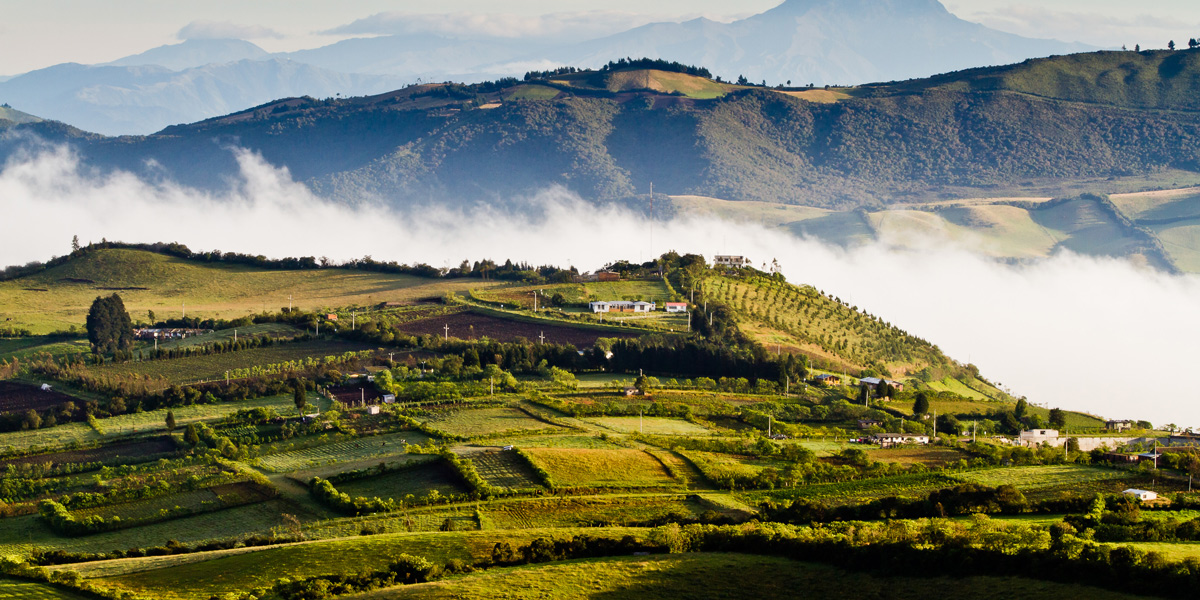
Judge orders Ministry of Agriculture to burn all GM crops found in illegal cultivations
A judge in Quevedo, Ecuador has accepted a protection order in favour of the peasants of the province of Los Ríos, in response to a lawsuit that was filed by two peasant organisations and is sponsored by the Ombudsman's Office. These events were reported by the Network for a GM Free Latin America.
The lawsuit was filed after monitoring by Acción Ecológica and the Ombudsman in the soybean producing areas of the country found that glyphosate-tolerant GM soybeans had been planted, despite the fact that Ecuador is constitutionally a country free of GM seeds and crops.
In a first hearing, the judge had ordered that monitoring be carried out, with the participation of the plaintiffs together with the Ministry of Agriculture and Agrocalidad, the Animal and Plant Health Regulation Agency. The monitoring confirmed that GM soybean is being planted illegally in the area.
Faced with this evidence, the judge granted the protection order and pointed out that GM crops violate the rights to life, health, work, a healthy environment and the rights of nature.
In his sentence the judge ordered the Ministry of Agriculture:
- to decommission, eliminate, and burn all the GM crops found in the monitoring programme
- subject to the sowing period, to confiscate, eliminate, and burn all batches of GM seed to prevent new sowings
- to establish a permanent surveillance program to prevent the planting of GM crops in Ecuador (except for research purposes)
- to establish training of officials and to the peasants of the region on the dangers of GM crops
- as a reparation measure, to include on the ministry's website the inscription "Ecuador is a GM-free country"
- to send a notice to the Prosecutor's Office of all the areas where GM crops were found, in order to identify responsibility, by action or omission, for the entry of GM soy.
Commenting, Richard Intriago of the Federation of Peasant Organisations of the Coast (FECAOL) said, "This is a historical event, because since Ecuador declared itself a GMO-free country, all efforts have been made to violate the Constitution. The judge's decision strengthens our struggle."
The president of the Federation of the Agricultural Center of Quevedo, one of the plaintiff organisations, said, "This is just the beginning of our struggle, because now we have to ensure that the judge's decision is complied with."
The representatives of Acción Ecológica, an organization that has constantly monitored the presence of GM crops in the country, joyfully welcomed the decision of the judge as a great advance in the recognition of human rights. The organisation said it will maintain its vigilance in preventing new GM cultivations in the country.
One of the local participants in the Public Hearing said, “It is time for the Ministry of Agriculture to fulfil its obligation to prevent the planting of GM crops in our province."
Source: Network for a GM Free Latin America










